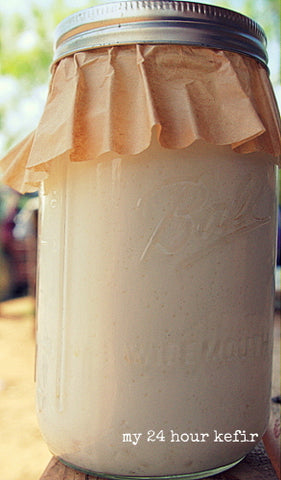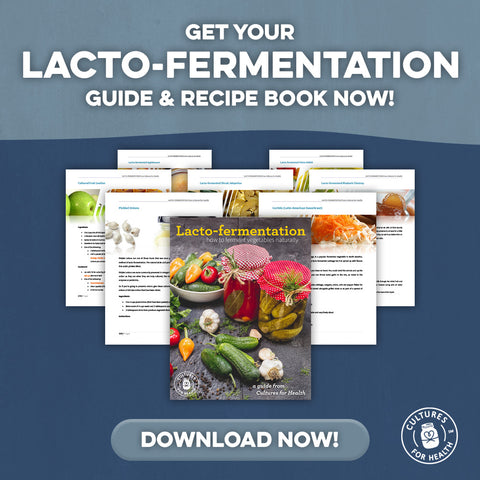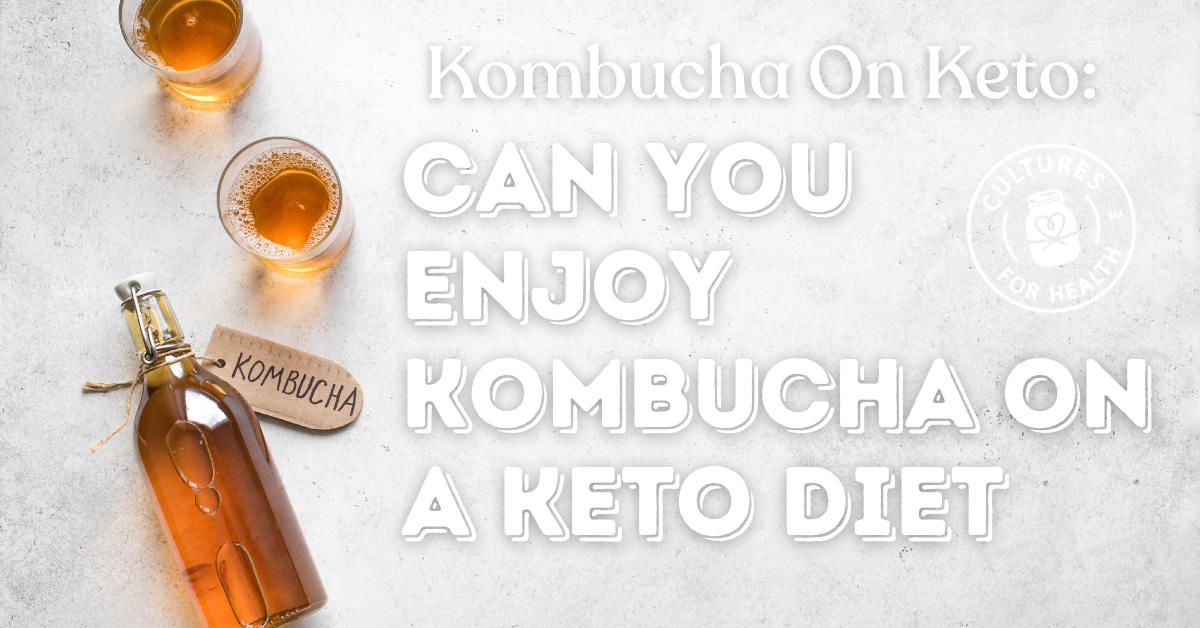
Most home fermenters are aware that heat speeds up the fermentation process. For some this is preferred because it allows us to go through the fermentation process faster, which gives us our beloved fermented food even quicker. But heat as its drawbacks, especially when it gets above 90 degrees. And if you live in the south, or another hot climate, and don’t have air conditioning, this may be a huge factor in how you ferment through a good portion of the year. Since I’ve moved to the south I’ve had to learn a lot about fermenting in the heat. Our little off-grid cabin doesn’t stay below 90 degrees for much of the summer, so after some problems with mold and other unpleasant situations, I’ve changed a few of my fermentation practices.

Less Overall Summertime Fermentation
I’ve been known to have four or five different ferments going at a time. Many of these involve a mother culture, like kombucha, sourdough, and kefir; so you must keep them going to keep them alive. But it’s just a lot to handle when they’re fermenting at a rapid rate as they do in the heat. I’ve been trying to drop any ferments I don’t have to keep going. So instead of having water kefir and kombucha going, I choose the faster water kefir. I also cut back on sourdough baking since it’s not a great time to be running the oven. Finally, I don’t actually ferment a lot of vegetables throughout the summer.Utilizing Cold(er) Storage
Some cultures can be put into a cold storage scenario in order to slow down their fermentation.Sourdough and milk kefir, in particular, are two that I like to throw into cold storage when I know I won’t be getting to them in time. If refrigeration doesn’t work for you, a root cellar, cold basement, or man-made hole in the ground with a cooler sunk in will at least slow down the process.
Forgoing Vegetable Fermentation in the High Heat
We aren’t exactly bringing in wheel barrels of produce from our gardens yet, but because of the heat and our lack of a root cellar, I have made a conscious decision not to ferment vegetables during the summer. Instead we are growing vegetables for fermentation in our fall garden and I will be fermenting those, if they come to fruition, in the cooler November & December temperatures.














